

Table of Contents
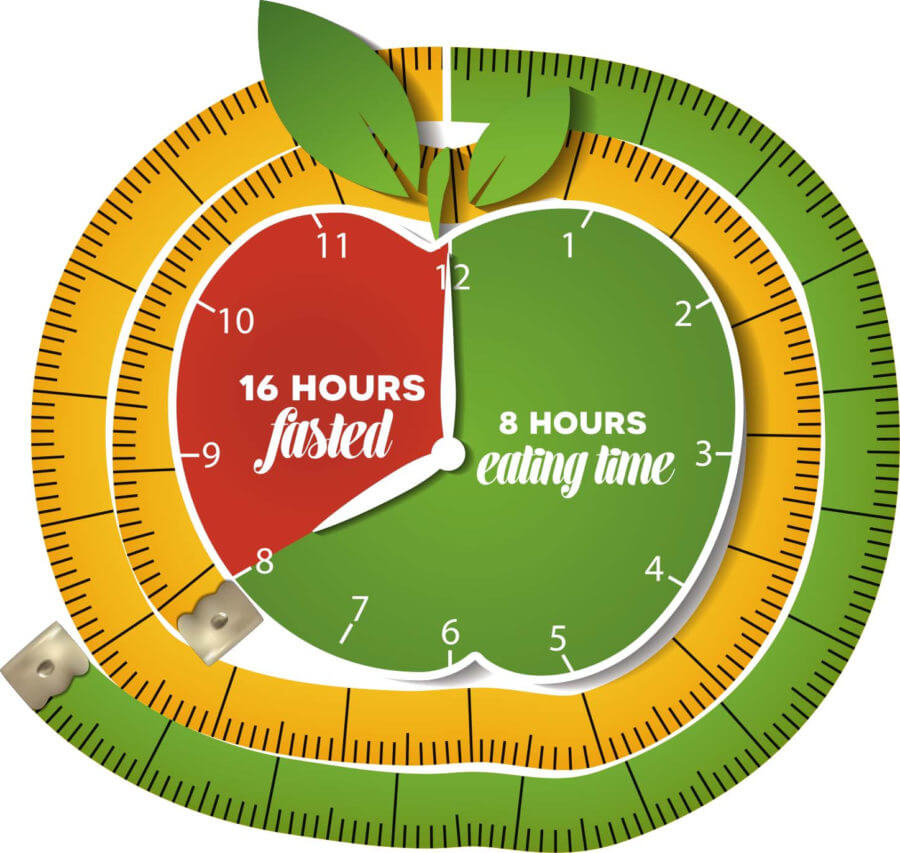
Intermittent fasting has become a trusted method for people who want better health and natural weight control. Many follow it because it gives clarity to the eating pattern and brings discipline to daily food timing. When the body gets a fixed routine it becomes easier to manage hunger and energy. This guide explains how an effective intermittent fasting schedule works and how the right food choices make the process smooth. Every step is written in simple language so that anyone can apply it in daily life without confusion.
What is intermittent fasting
Intermittent fasting means eating within a selected window and staying without food during the remaining hours. The most common schedule is the 16/8 routine, where fasting continues for sixteen hours and eating takes place in an eight-hour window. Some people begin with the 14/10 routine, which feels more comfortable for beginners. The idea behind fasting is to give the body a break from continuous eating so that digestion can rest and metabolism can work in a clean and steady manner. It is not a diet that focuses only on food but a structure that trains the body to eat with better timing. The success of this method depends on the quality of food during the eating hours because the body absorbs nutrients faster after a long fasting period.
Why the Intermittent Fasting Schedule Matters
A proper fasting schedule creates a clear rhythm for the body. When food timing stays consistent, the body learns to use stored fat for energy, which supports weight loss in a natural way. It also helps the body manage sugar levels with more stability, which protects energy throughout the day. Many people feel lighter and more focused because fasting lowers the load on digestion. However, these benefits appear only when the eating window is used wisely. If a person eats random food or overeats during this period, the fasting effect becomes weak. A structured schedule works best when balanced food choices support the fasting cycle.
Intermittent fasting is celebrated for several health advantages, including:
- Enhanced weight loss and fat burning
- Improved insulin sensitivity
- Better metabolic health and reduced inflammation
- Boosted brain function and cognitive clarity
However, intermittent fasting can be challenging without the right food choices. This guide will help you choose the best foods to fuel your body efficiently.
Intermittent Fasting Diet
Food plays the most important role in the success of intermittent fasting. The first meal after fasting should be gentle because the stomach stays empty for many hours and needs easy nutrition. Highly processed food or very heavy meals can confuse digestion and break the benefit of the fast. Nutrient rich food helps the body recover from the fasting period and provides clean energy that lasts for many hours. A balanced eating window includes fruits vegetables healthy fats protein sources and probiotics. This combination keeps hunger steady and supports the body in handling fasting cycles over a long time.
Fruits
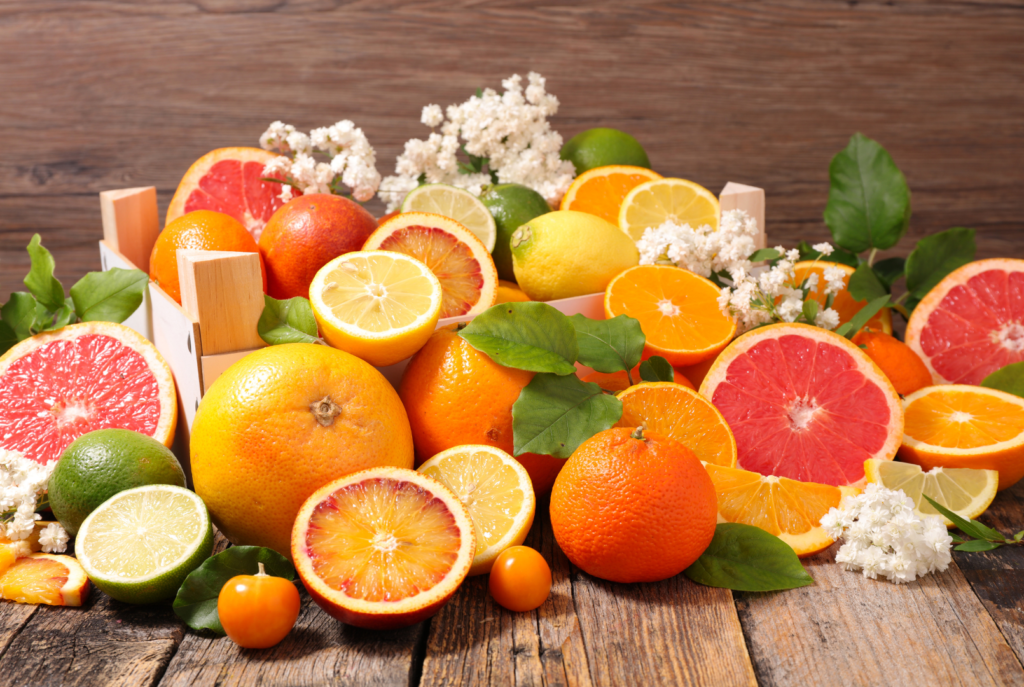
Choose low to moderate-sugar fruits to avoid spiking insulin and to support fasting benefits. Examples include:
- Strawberries
- Rasberries
- Blackberries
- Kiwi
- Grapefruit
- Apples
- Lemons and Limes
- Avocado
- Tomato
Low-sugar fruits are a safe and steady choice for breaking a fast. These fruits give vitamins and minerals without a sudden rise in blood sugar. Strawberries, raspberries and blackberries give natural fiber that supports digestion. Kiwi and grapefruit help the body feel fresh and hydrated. Apples are easy to digest and support fullness. Avocado gives natural fat and tomato supports hydration. These fruits make the first meal smooth and help the body shift from fasting mode to eating mode without stress.
Vegetables
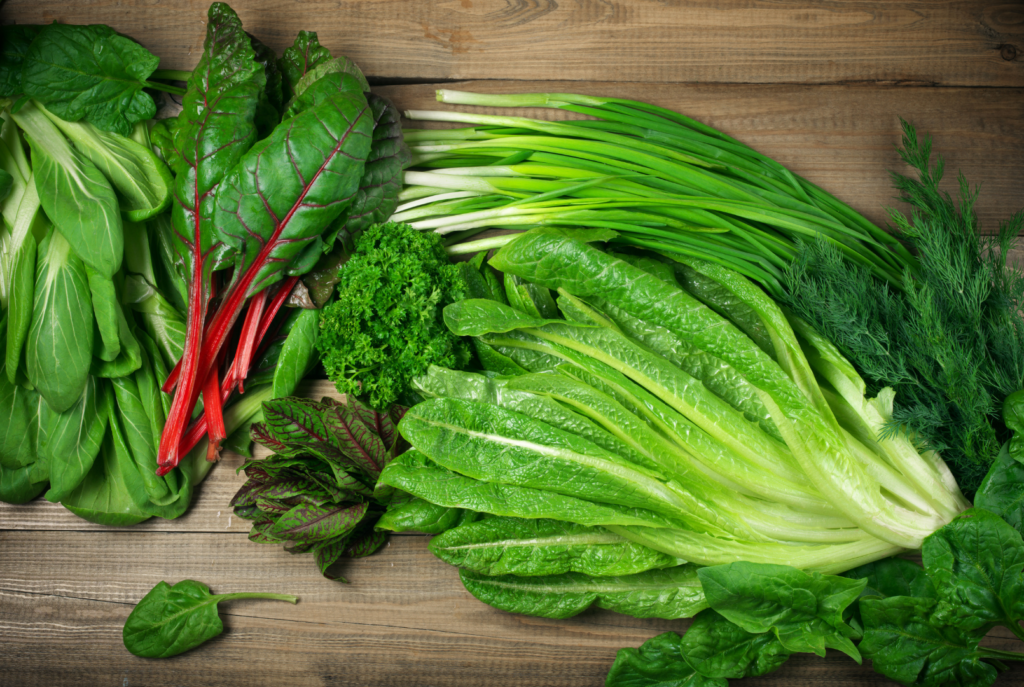
Vegetables are rich in fiber and antioxidants, crucial for digestion and inflammation control. Focus on cruciferous and leafy greens such as:
- Spinach
- Kale
- Broccoli
- Brussels sprouts
- Cauliflower
- Asparagus
- Seaweed
Vegetables create a strong base for any intermittent fasting diet. They give fiber that keeps the stomach full for long hours. Leafy vegetables like spinach and kale give iron and support natural energy production. Broccoli cauliflower and brussels sprouts help clean the digestive system and reduce inflammation in the body. Asparagus improves digestion and seaweed provides trace minerals that the body needs in small but important amounts. When vegetables are included daily, the fasting window becomes easier to handle because hunger stays controlled.
Whole Grains
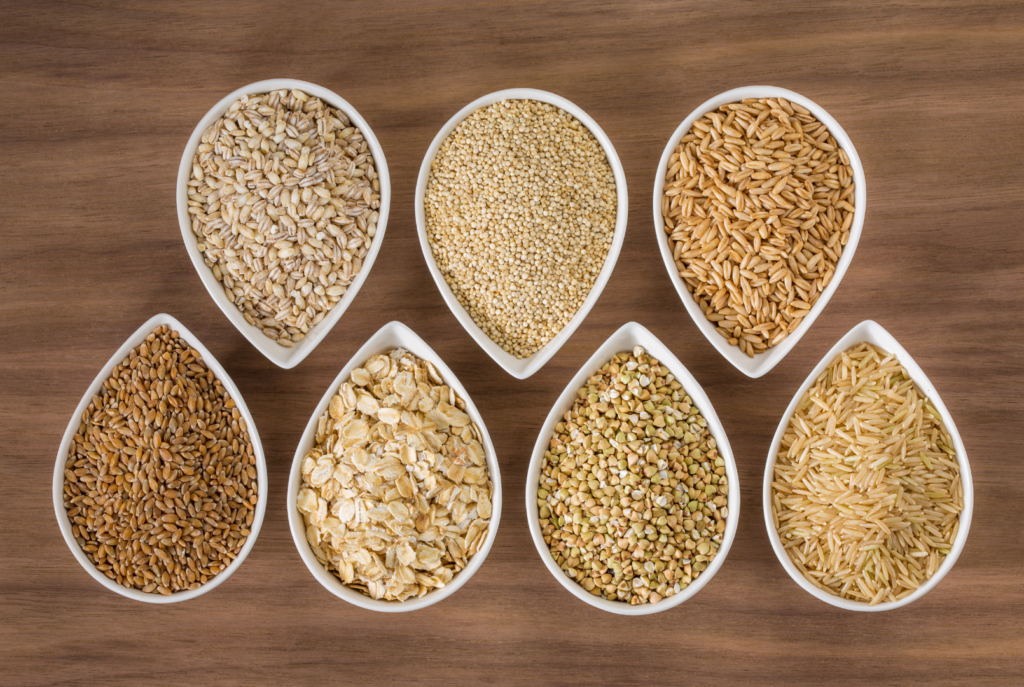
Whole grains provide slow-digesting carbohydrates for sustained energy. Opt for:
- Oatmeal
- Quinoa
- Brown rice
- Millet
Whole grains provide slow and steady energy, which is useful during long workdays. Oatmeal gives natural fiber that supports gut health. Quinoa gives protein and minerals. Brown rice and millet give mild carbohydrates that digest slowly and keep the body active. These grains prevent energy crashes and support a calm mind. They are especially helpful for people who feel low energy after the fasting period.
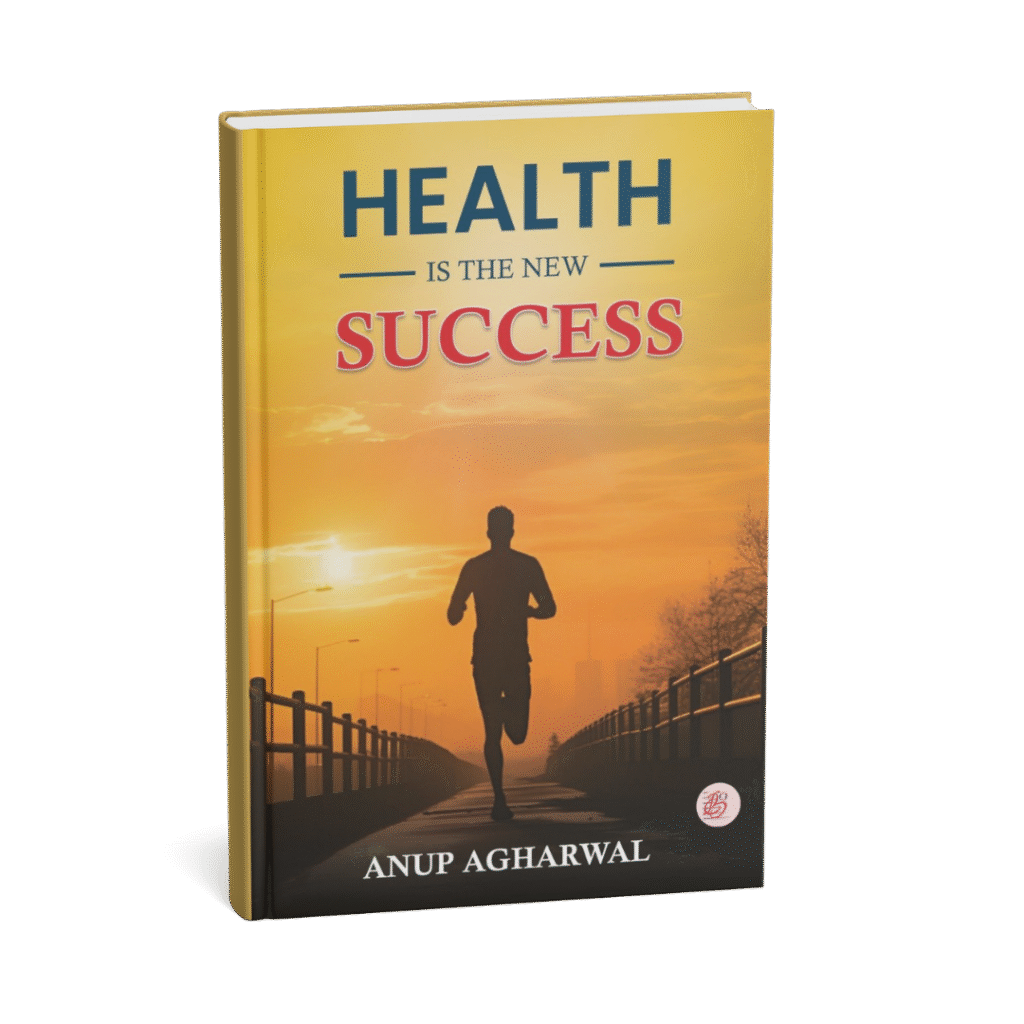
Fish and Seafood
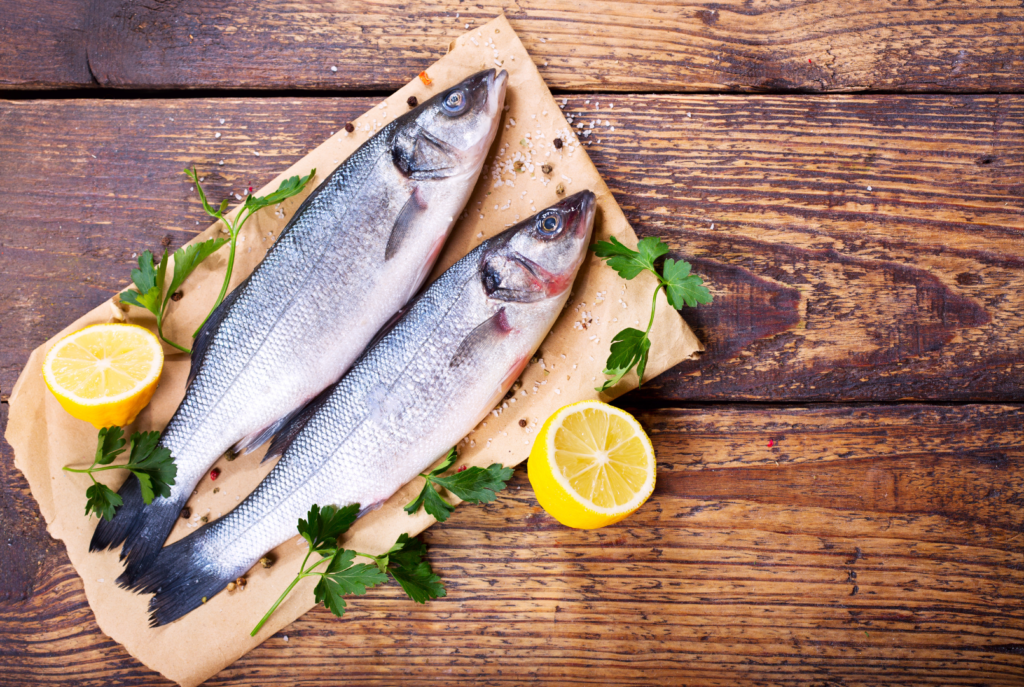
Seafood is rich in omega-3 fatty acids and protein, which promote heart and brain health. Incorporate:
- Wild-caught salmon
- Mackerel
- Sardines
- Shrimp
Fish offers clean protein that repairs the body and maintains muscle strength. Salmon mackerel and sardines give omega 3 fats that support heart health and help reduce inflammation. Protein from fish keeps the stomach full and supports fat burning. Shrimp provides light protein and works well for people who want a simple meal that does not feel heavy. Fish becomes an ideal choice during intermittent fasting because it supports stable energy without burdening digestion.
Legumes and Beans

These are great fiber-rich plant-based proteins that support stable blood sugar and feelings of fullness:
- Black beans
- Chickpeas
- Lentils
Legumes give plant protein and fiber which are both essential during intermittent fasting. Lentils digest slowly and give long lasting fullness. Chickpeas offer a good mix of protein and minerals. Black beans support gut health and provide steady energy. These foods are helpful for people who want vegetarian options that keep hunger low and energy stable for many hours.
Healthy Fats

Healthy fats enhance satiety and support cell function. Some favorites are:
- Avocado
- Almonds and walnuts
- Olive oil
Healthy fats make meals satisfying. Avocado gives soft natural fat that supports the skin hair and brain. Nuts and seeds provide steady energy and help control cravings. Olive oil supports heart health and keeps digestion smooth. When healthy fats are added to meals the body stays full for longer hours and the fasting period becomes easier to handle.
Herbs and Spices

Adding herbs and spices not only boosts flavor but also offers anti-inflammatory benefits:
- Turmeric
- Ginger
- Cinnamon
Herbs and spices add support to digestion and overall health. Turmeric helps the body manage inflammation. Ginger improves digestion and keeps the stomach calm. Cinnamon supports sugar balance and prevents sudden cravings. These natural additions make meals more comforting during the eating window and support the body during fasting.
Probiotics

Foods rich in probiotics support gut health, essential for digestion and immunity:
- Yogurt
- Kefir
- Sauerkraut
- Kimchi
Probiotics help maintain gut health which is essential for proper digestion. Yogurt and kefir give friendly bacteria that protect the stomach. Sauerkraut and kimchi support digestion and help the body absorb nutrients better. When the gut stays healthy the fasting cycle becomes smoother because the body handles food without discomfort.
Foods to Limit During Intermittent Fasting
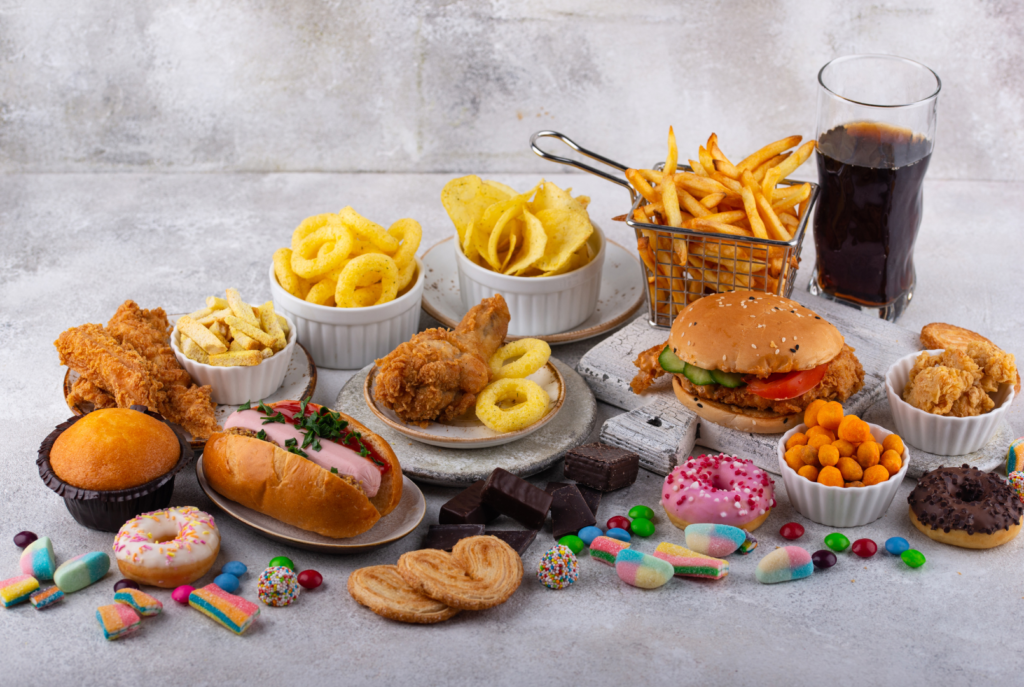
While your eating window is open, avoid these foods to prevent energy crashes and hunger spikes:
- Processed foods: Packed with chemicals, sweets, and bad fats.
- Sugary drinks: Sodas, juices, and energy drinks disrupt blood sugar control.
- Refined grains: White bread, pasta, and pastries cause rapid blood sugar fluctuations.
Some foods interfere with fasting results. Processed snacks contain additives that disturb digestion. Sugary drinks raise blood sugar too quickly which makes hunger worse. White bread pastries and other refined foods give fast energy but cause a quick drop afterward which leads to cravings. Deep fried foods feel heavy and delay digestion. When these foods are avoided the body stays stable which makes fasting easier and more effective.
Sample Intermittent Fasting Schedule and Meal Plan
Here’s a sample meal plan for a 16:8 fasting schedule to help you start strong:
Breakfast (9:00 AM):
- Greek yogurt with chia seeds and fresh berries on top
- Whole wheat toast with scrambled eggs and avocado
Lunch (1:00 PM):
- Grilled salmon with roasted vegetables and quinoa
Snack (4:00 PM):
- A cup of green tea and a handful of almonds
Dinner (7:00 PM):
- Stir-fried chicken served with brown rice and mixed vegetables

Feel free to personalize this plan based on your preferences and dietary needs.
Intermittent fasting works best when combined with supportive habits. Light strength training builds muscle and helps the body burn fat more effectively. Proper sleep keeps hormones balanced and prevents unnecessary hunger. Stress management through breath work or simple relaxation methods helps the body stay calm, which improves fasting performance. Regular water intake during fasting hours also supports digestion energy and clarity.
Intermittent fasting is a simple routine that improves health in a natural way. With a clear schedule and the right food choices the body becomes more balanced and energetic. Anyone can begin this journey with small steps and steady practice. When the body receives consistent timing and clean nutrition the results appear naturally. It becomes more than a diet and slowly turns into a healthy lifestyle.
Frequently Asked Questions (FAQs)
What is intermittent fasting?
Intermittent fasting is an eating pattern that cycles between periods of eating and fasting.
Can I drink water during fasting
Yes, water is always allowed. Black coffee and herbal tea are also suitable.
Does intermittent fasting help with weight loss
Yes, it supports natural weight loss when the eating window includes balanced food.
Do I need to count calories
Calorie counting is not required. Balanced meals and mindful eating are enough.
Is intermittent fasting safe for everyone
Some people like pregnant women or people with medical conditions should consult a doctor first.

🎯 10+ years of Experience
🎓 10k+ Trained ( 📍 Jaipur )
💪 Helping change people’s lives
🌿 Most trusted lifestyle counselor
